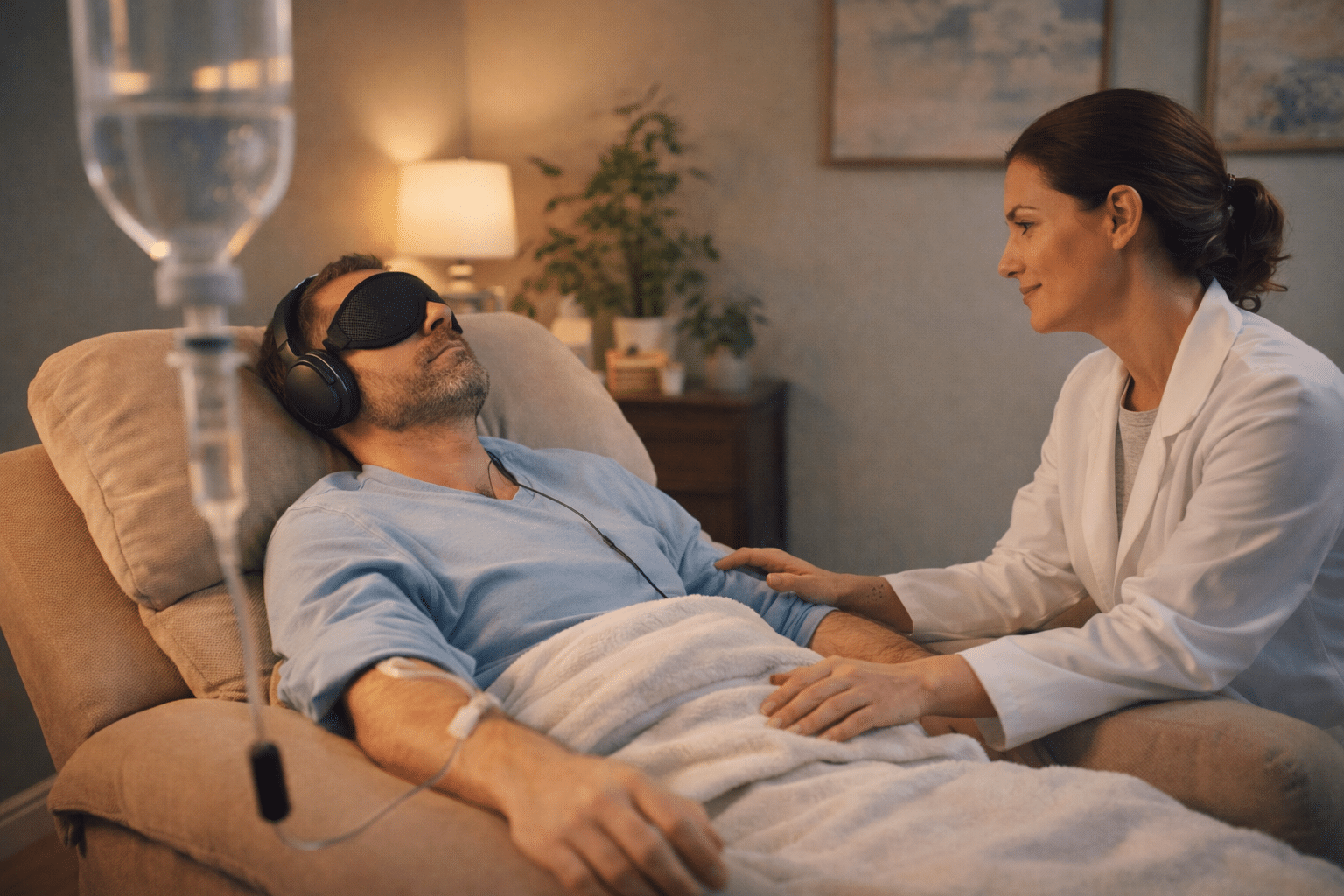Finding the right mental health care is not always straightforward. When things feel off, whether it is lingering anxiety, a depressive slump, or something heavier, knowing where to go can feel overwhelming. For many, the decision comes down to two main options: a clinic or a hospital. Both serve important roles, but they offer very different experiences.
So, how do you know which is right for you? That depends on your situation, your symptoms, and how urgently you need help.
Understanding Mental Health Clinics
Clinics have become the go-to option for many people dealing with mental health challenges that do not require emergency intervention. They tend to offer a more approachable setting, especially for those navigating ongoing stress, mood disorders, or emotional trauma.
What Clinics Offer
Most mental health clinics provide outpatient services. That means you get help, such as therapy, psychiatric evaluations, or medication management, without needing to stay overnight. A clinic is a flexible option for people who want regular support but still function in their daily lives.
At Zeam Health & Wellness, we offer specialized treatments. This includes:
- Transcranial magnetic stimulation (TMS) for major depression
- Ketamine therapy for treatment-resistant conditions
- Neurofeedback for attention, mood, and sleep regulation
Why Clinics May Be the Better Fit
The size and structure of a clinic can make a big difference. Because clinics are smaller, care teams often have more time to spend with each person. Appointments feel more personal, and you are more likely to see the same providers from visit to visit.
Another major advantage is access. The median wait for a mental health appointment in the U.S. is 67 days. That is over two months—too long for someone in emotional pain. Walk-in mental health clinics help shorten that delay. Many offer same-week availability, and some even see people in under an hour.
The environment matters, too. Clinics are designed to feel calm and safe. That alone can help someone open up and engage more fully in their treatment. You will not sit in a crowded waiting room with trauma patients or blaring sirens. It is a softer space, which often leads to better outcomes.
Clinics are also more affordable than hospitals. You avoid charges for things like overnight stays or emergency triage, which keeps out-of-pocket costs lower.
When a Hospital Might Be Necessary
There are moments when clinic-based care is not enough. If someone is in immediate danger or cannot function safely without supervision, a hospital may be the best choice. Hospitals are built to respond to emergencies and stabilize severe psychiatric symptoms.
What Hospitals Handle
Hospitals step in when symptoms become acute. That includes:
- Suicidal thoughts
- Active psychosis
- Mania
- Severe emotional dysregulation
In these situations, a person might need constant monitoring or rapid medication adjustments.
Some hospitals have dedicated psychiatric wards or behavioral health units. These provide structured, round-the-clock care with teams that include psychiatrists, nurses, and therapists. Emergency departments are also open 24/7, making them the only option for people in crisis during nights, weekends, or holidays.
Drawbacks of Hospital Care for Mental Health
That said, hospitals are not always the most comfortable place for mental health support. The atmosphere can feel chaotic. In an ER, you might wait for hours in a brightly lit room surrounded by trauma patients, loud noises, and medical emergencies. For someone in emotional pain, that can make things worse.
The costs add up quickly, too. Hospitals charge for every piece of the experience: lab work, imaging, medications, facility use, and the room itself. Insurance does not always cover everything, and many people walk away with bills they were not expecting.
Continuity of care can also be an issue. You may see multiple providers over the course of a few days. Follow-up after discharge might be unclear or inconsistent, especially if the hospital is not linked to outpatient mental health services.
A 2023 study in JAMA Network Open looked at emergency department visits during the COVID-19 pandemic. Researchers found that visits for mental health conditions dropped far less than general medical visits.
The reason? Many people had no other place to turn. That study, which analyzed over 1,500 weekly data points across 10 U.S. regions, showed just how stretched the mental health system became, and how essential it is to expand community-based options like clinics.
How to Choose: Clinic vs Hospital
Deciding where to go can feel confusing, especially if symptoms shift day by day. The key is to assess both the severity of the issue and the support you currently have.
Choose a Clinic If:
- You need therapy or medication for anxiety, depression, or trauma
- Your symptoms affect daily life but are not dangerous
- You want a quiet, more personalized environment
- You are interested in treatments like TMS, ketamine therapy, or neurofeedback
- You want help sooner than a hospital or traditional doctor’s office can provide
Choose a Hospital If:
- You or someone else is at risk of self-harm or suicide
- You are experiencing hallucinations, delusions, or manic episodes
- You need constant monitoring and rapid medication changes
- A provider recommends inpatient treatment before outpatient care
Many people start with a clinic, and if symptoms worsen, they transition to a hospital for stabilization. Others begin in a hospital and move into a clinic for ongoing support. There is no wrong path—just the right care at the right time.
Why Local, Compassionate Care Matters
Getting mental health support should not be complicated or stressful. At Zeam Health & Wellness, we work to make it simple, personal, and fast. Our clinics in Sacramento, Roseville, and Folsom offer therapy, psychiatry, and advanced services like TMS and ketamine-assisted psychotherapy. Patients are seen quickly, treated respectfully, and supported every step of the way.
We understand that every person’s mental health journey is different. Some need a quiet space and weekly support. Others need deeper tools to work through trauma or break through depression. Whatever your path looks like, we are here to help guide you forward.
If you are unsure where to start, reach out. Let us help you figure out what makes sense. You do not need to wait for a crisis. You do not need to sit in an ER. Real, effective care is right here, close to home.




